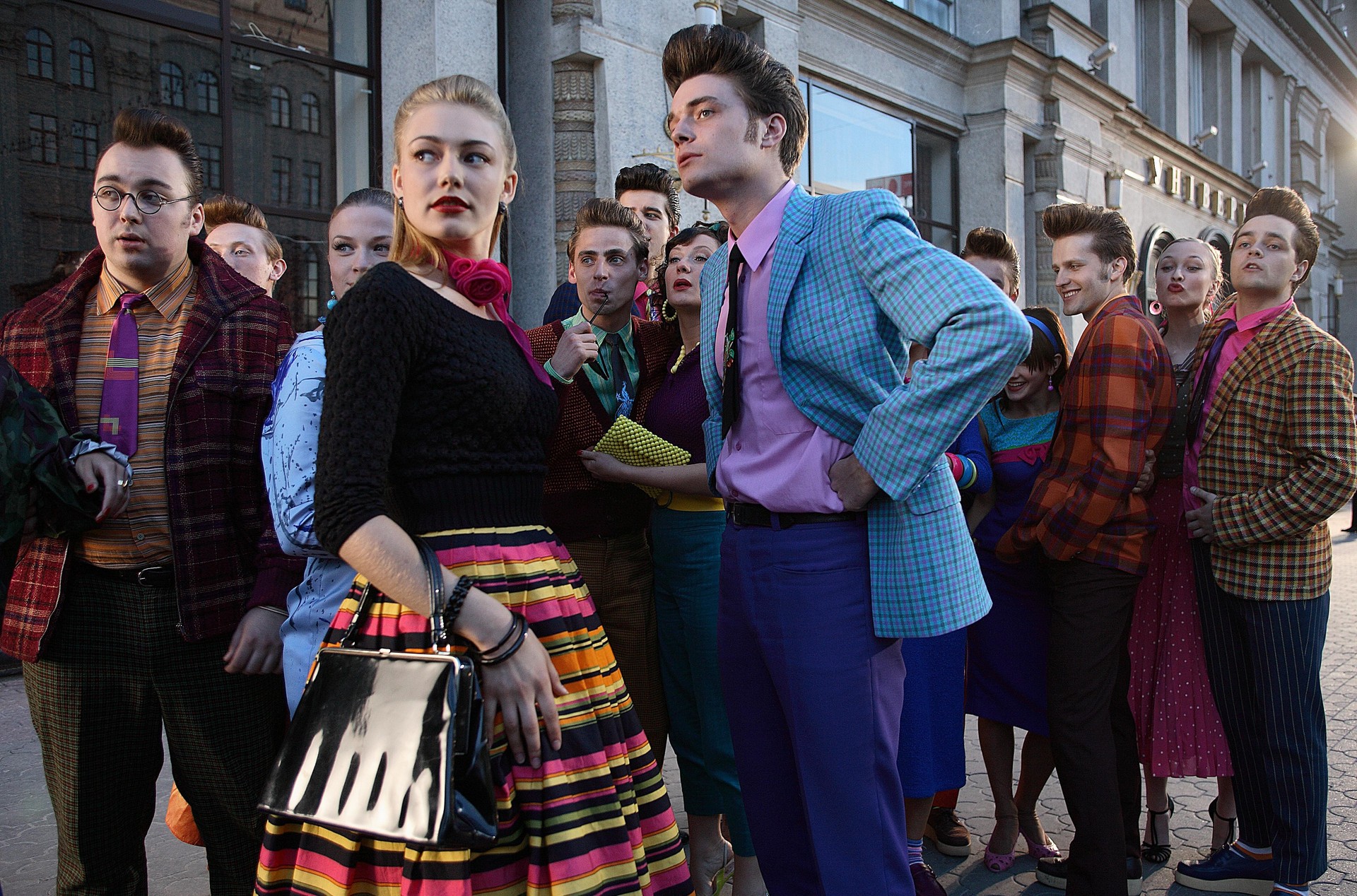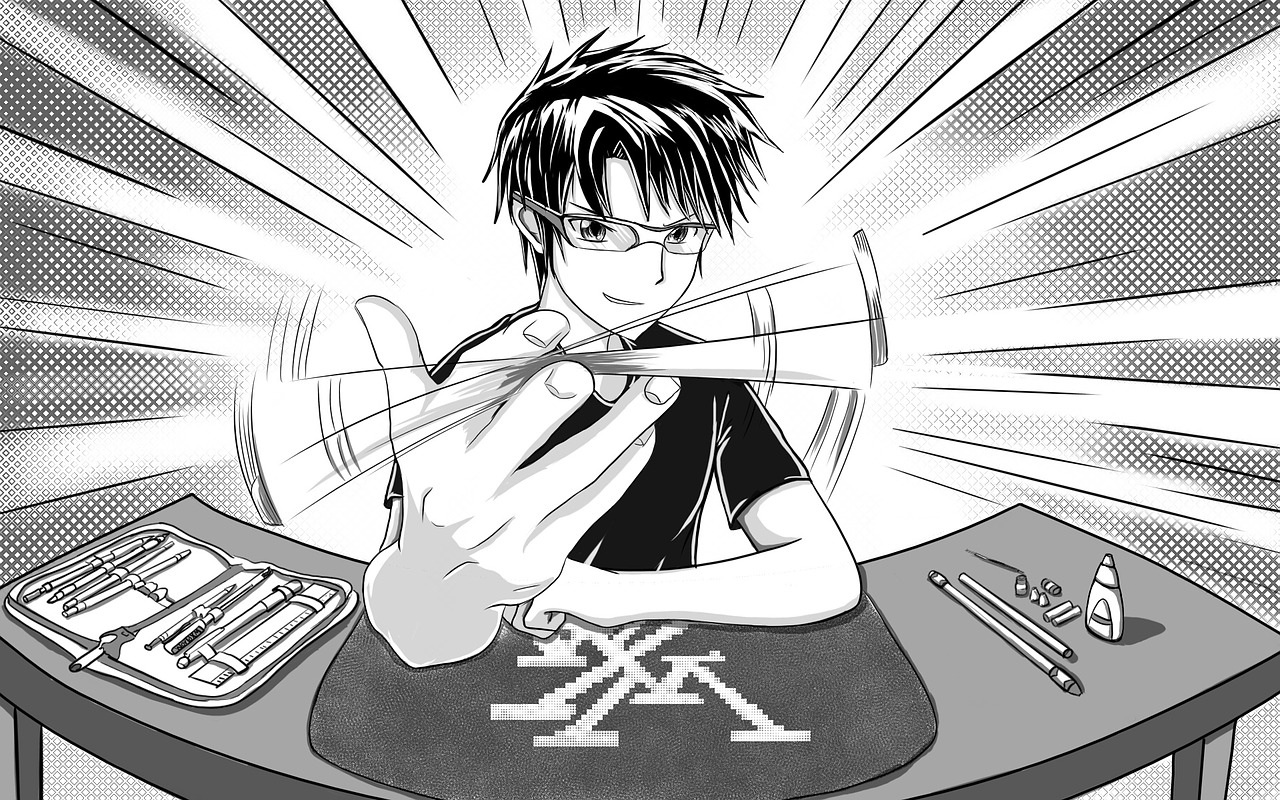If you haven’t heard the name of this Japanese band by now, you have three albums to catch up on, the last one (Metal Galaxy) released less than a year ago. Formed in 2010 by three young women, Babymetal connects the worlds of Japanese pop (J-pop) and heavy metal, of ‘cuteness’ and aggression, of idol culture and its subversion; all within a genre they call kawaii metal [1]. Besides presenting a strikingly new, hybrid sound, the trio – currently duo- and the mixed reception of their work provide a potent ground of theorizing the negotiations of authenticity and diversity among metal fans today. With a few exceptions [1], however, it appears that the Western academia has not yet caught onto the case, despite the group’s global appeal confirmed by their World Tours and 2019 top position on Billboard’s Top Rock charts (as the first Asian group in history) [2]. While metal fanbases question whether Babymetal can be qualified as metal at all and whether it is “authentic”, we can in turn ask: what do such questions reveal about the “rockist ideology” [3] in its diversifying transition of the modern age?
Read moreFragility, Pride, and Historical Legacies in Isao Takahata's "Grave of the Fireflies" (1988)
Directed and produced by Isao Takahata, Grave of the Fireflies (1988) is an animated movie telling a story of war, grief, and tragedy. During an attack on their village two children, Seita and Setsuko lose their mother. Their father is a soldier in the Japanese army, currently fighting in the Second World War, so the children decide to temporarily stay with their aunt. However, as time passes, the aunt begins to treat Seita and Setsuko as if they are unwanted intruders in her household. As a result of their relative's attitude and lack of compassion, the children proceed to run away and move in an abandoned bunker which they try to transform into a home. As the story unfolds, it portrays Seita and Setsuko's experiences while dealing with post-war reality – hunger, illnesses, and loneliness.
Read moreJazz in the USSR: Freedom, Popular Culture, and ‘the Decadent West’
Still from Valery Todorovsky’s 2008 musical Stilyagi. Image source: http://popkult.org/hipsters/.
Feeling a bit jazzy today? Not in the Communist Party of the Soviet Union.
The USSR and jazz had a love-hate relationship ever since the country’s formation in the early 1920s: the officials hated it, the youth loved it.
Read moreDownloading Health from the App Store
Between having ramen as dinner for the third day in a row and spending all-nighters unblinkingly focused on the glowing screen of a laptop, many students tend to overlook the importance of maintaining physical and mental health in their everyday lives. An increasingly popular solution to this issue is the use of mobile apps designed to help them form healthy habits, whether with a friend suggesting a useful healthy recipe app or a Top Universities article inviting you to check out the “Best Health & Safety Apps for Students” (1). In the light of this development, for better or worse concerning personal and public health efforts, could the future bring about a new spin on an old saying with “An app a day keeps the doctor away”?
Read moreBungo Stray Dogs: A Crash Course in World Literature
Scott Fitzgerald’s The Great Gatsby (1925). Or maybe Fitzgerald isn’t really your thing, but you simply can’t get enough of E. A. Poe’s short stories.
Now, how would you react if Jay Gatsby suddenly started walking down the streets of Yokohama and, or wait, let me rephrase this. How would you react if Jay Gatsby suddenly started flying above the streets of Yokohama in Moby Dick with Herman Melville, E. A. Poe and Mark Twain aboard, while H.P. Lovecraft is wading in the Tsurumi river below them, after having transformed into a giant, humanoid octopus?
Well, these are all pretty mainstream events in Bungo Stray Dogs.
Read moreProductive with Music
The studying girl on one of the most popular YouTube Lofi Hip Hop mixes: https://www.youtube.com/watch?v=-FlxM_0S2lA.
Walking through the library during the exam period, simply searching for your own study spot, makes it quite clear what the opinion of most Groningen students on joining music and studying together is. Headphones and earphones are omnipresent in the study areas just as much as they are present at gyms; allowing everyone to immerse in their music of choice to help them perform the task at hand better.
Read moreTurning a New Page: The Destiny of Literature in the Digital Era
For many people, the start of a new year symbolizes an opportunity for new commitments, especially regarding self-improvement of not only the body, but also the mind. According to a recent Elliptical Reviews survey (3), the goal to read more books is among the top ten New Year’s resolutions, whether “more” means “more” compared to past reading habits or marking a newfound desire for intellectual growth. However, reflecting on the potential obstacles for reaching this goal, the time that could be spent reading often goes to other recreational activities: watching movies or TV, browsing the Internet or playing video games. While literature is not inherently superior to these types of entertainment in the sense of gaining new experiences and knowledge, it may seem like the newer media are replacing books in the stores, technologies and minds for many of the post-Internet generation. This begs the question: could the fate of digital era books truly be summarized as “out with the old, in with new”?
Read more‘Reinventing the Wheel’: How the Current Anime and Manga Scene Is Drawing Its Inspiration from the Theme of ‘the Doppelgänger’
Anyone who has ever read Sui Ishida’s popular dark fantasy manga series Tokyo Ghoul or watched at least one episode of its anime adaptation probably noticed that the series largely builds its plot around the theme of the so-called ‘(evil) double’ or ‘the Doppelgänger’.
Read more





